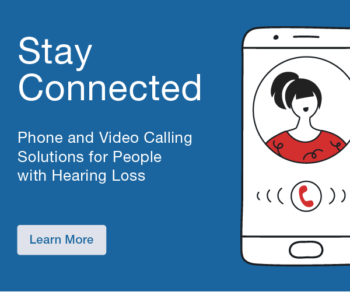By Marshall Chasin, AuD, Doctor of Audiology.
On August 18, 2022, I gave 12 interviews for CBC radio across the country from Newfoundland to Vancouver and even Yellowknife (where it is still quite warm and the radio host even went swimming in a lake last night). Over The Counter (OTC) hearing aids were first discussed more than a decade ago and the FDA in the US just posted its final ruling that as of October, OTC hearing aids will be available for sale.
The interviewers all had the same six questions:
- What is the reasoning behind the FDA decision?
- How is accessibility to hearing aids different in Canada?
- If OTC hearing aids were recommended in Canada, would it save Canadians money?
- Some feel that with the larger market, OTC hearing aids would foster a boom in technology
- What are the risks of an OTC approach?
- Should Canada consider OTC hearing aids as an option, as the US is doing?
I answered each of the questions with the following narrative:
The reason for the FDA decision- which involved input from consumer groups, physicians, and audiologists- is based on accessibility for those Americans who could not afford hearing aids. Not wearing hearing aids for those who need it would result in withdrawals from social situations, and is correlated with cognitive decline. This is less of an issue in Canada because of the many provincial and territorial funding schemes and/or provincial tender programs in place. I emphasized that the cost of hearing aids is made up of two components- the actual hearing aid and the audiologist fitting, counselling, and verification. And it is the verification that is the most important and this is something that OTC hearing aids would not have. It is possible (with OSPL90 values on the order of up to 117 dB SPL) that actual generated sound pressure levels may be great enough to cause further hearing loss because of the lack of verification and control.
Other than the obvious risk of OTC aids that they may generate sound levels that are excessive, the person who forgoes an audiological assessment would not have the counselling, provision of appropriate accessories (such as remote microphones), and other aural rehabilitative measures.
I commented that I didn’t think that the larger market with OTC hearing aids would foster a technological boom. If anything, the OTC hearing aids would be similar or lower technology than what our clients would normally be using. And relative to that, regarding the cheaper price tag, while the initial outlay would be less, if the sound was harsh or hollow or just “not right”, there is no recourse, and this less expensive hearing aid would end up in a drawer rather than on a person’s ears.
When asked whether Canada should consider OTC hearing aids, I answered in two ways: We have no regulations in Canada that would prevent big box stores from carrying personal amplifiers however they wanted to market them- as a PSAP or OTC or otherwise, but the other answer I gave when asked this question for some of the interviewers was the single and curt word “No”.
Marshall Chasin, AuD, Doctor of Audiology
Editor in Chief, Canadian Audiologist



